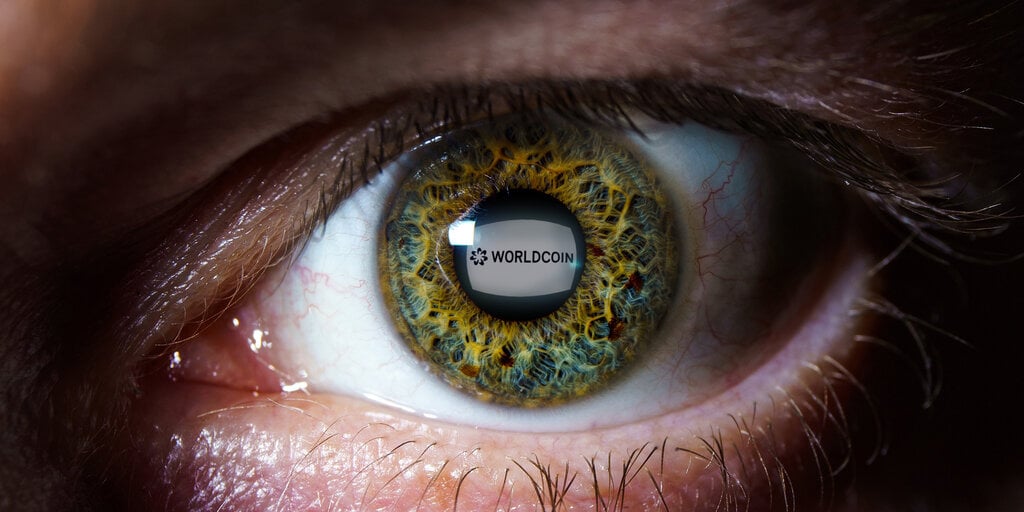- Worldcoin, the controversial crypto startup, has distributed 43 million worldcoins to users who signed up during the pre-launch period.
- However, the majority of the tokens distributed in the launch are being loaned to market makers, who are trading firms that buy and sell large amounts of tokens.
- These market makers will help promote trading of Worldcoin's new tokens and make money on the spread.
- The move to involve market makers in the token launch highlights Worldcoin's efforts to create liquidity and increase trading activity.
- This aspect of Worldcoin's token launch has been overlooked amidst the controversy surrounding the company's use of eyeball scanning technology.
Main Topic: Worldcoin, a nonprofit foundation aiming to create a new form of digital identification and financial network based on cryptocurrency, is scanning people's irises in various locations worldwide.
Key Points:
1. Worldcoin uses silver orbs to scan people's irises, aiming to create a unique digital identification based on biometric data.
2. The foundation offers free cryptocurrency to participants in exchange for their iris scans, attracting both anti-surveillance protests and enthusiastic sign-ups.
3. Worldcoin's long-term goal is to integrate its technology with other companies and expand its use cases, such as identity verification for voting, shopping, and banking.
El Salvador's experiment with making bitcoin an official currency is difficult to analyze due to its opaque nature and multiple objectives, including financial inclusion, revenue generation, and enhancing the president's reputation. The country has made bitcoin purchases, but the exact amount is unknown, and it has experienced a loss of value in its bitcoin investments. The government's digital wallet, Chivo, faced security issues, and the adoption of bitcoin for transactions and remittances has been limited. Comparatively, Argentina has surpassed El Salvador in terms of bitcoin adoption. The move to bitcoin has garnered attention for El Salvador but has also raised concerns about the lack of a coherent educational process for mass adoption.
Gracy Chen, managing director of crypto exchange Bitget, advises against scanning eyeballs for Worldcoin tokens due to privacy concerns and predicts an influx of WLD tokens in the future, leading to uncertain price prospects. She also discusses her career journey, Twitter following, and makes predictions about Bitcoin ETFs and the legal battles between Coinbase, Binance, and the SEC.
OpenAI's crypto project Worldcoin has seen millions of people sign up for it, despite facing both skeptics and critics, with over 2.3 million people signing up and significant adoption in countries like Portugal and Chile.
Worldcoin, a project led by Open AI chief Sam Altman, aims to bring unbanked individuals into the economic fold by offering them crypto tokens in exchange for their biometric data, raising concerns about privacy and control over digital identities. The use of tokens, which come with limitations and rules, threatens to replace traditional money and restrict people's freedom of choice, while also enabling surveillance and manipulation by digital platforms and governments.
